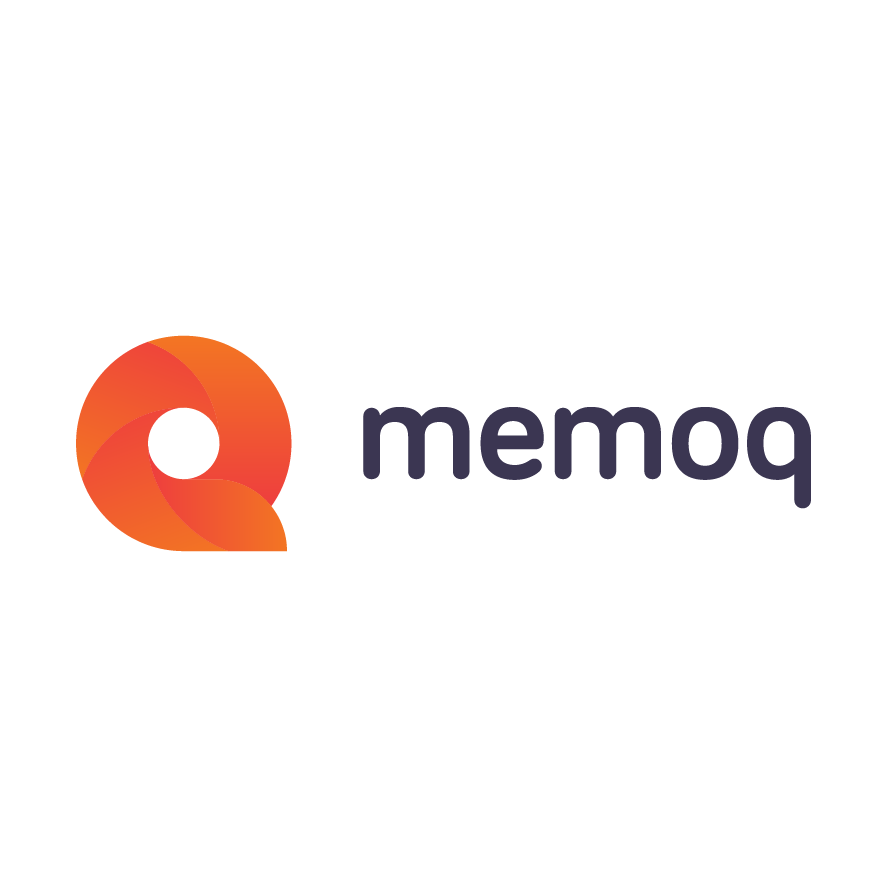Last week we received a mass email from SDL’s Hungarian reseller, M-Prospect, that SDL is offering SDL Trados Studio Freelance licenses for less than 300 euros and offers an 80% discount on SDL Trados servers till the autumn. This week during the ELIA Networking Days conference SDL offered 2000 euro off – and it turned out that this was 2000 euro off a 2995 euro license for SDL Trados Studio Professional.
We have been expecting such an answer from SDL to our success for a long time, but as it did not come earlier, we believed that they analyzed the situation and found out that this won’t work against Kilgray. They have done this with several competitors, and as most of them were venture capital funded and burnt money, this worked. Apparently they did not analyze this situation but want to apply an old method that worked.
Such low prices suggest to me that SDL is desperate to sell its products. However, if you think about it, SDL announced that they would release the 2011 version of Trados Studio in the second half of the year. Timing such an aggressive discount campaign for SDL Trados Studio 2009 really makes sense now. SDL Trados Studio 2009 is ending its lifecycle soon, and the new customers pay the discounted price now, and will pay the upgrade fee later this year. But the fact that they are offering such discounts equals to admitting that their product is overpriced. So we encourage you to ask for a similar discount if you happen to need to order software from SDL.
As we have carefully analyzed the situation for years, we are ready to put on the gloves. There are several factors that favour Kilgray as opposed to SDL when it comes to a price war that SDL seems to start:
- Kilgray is running a much lower-cost operation with most of its administrative functions based in Gyula, Hungary. This allows us to offer better value for money.
- SDL is a publicly traded company, which means that they are bound to produce good figures. The failure to produce good figures results in a decrease in the share price. This affects the company’s financial situation badly. Kilgray is owned by individuals, and even if SDL can decrease our massive growth rate, this does not affect us for a long time. Over the years, Kilgray has been profitable and managed to build a sizeable cash reserve.
- No matter what the price is, SDL will not be able to offer the same level of service and technology to language service providers as Kilgray, as they are competing with them. Enabling smaller language service providers to be technologically very advanced is against the interest of SDL Language Services, which amounts to the vast majority of SDL’s revenues. Kilgray does not compete with LSPs, what’s more, it’s in our interest to see those LSPs lose their market share that don’t use our technology. The best way to reach this is to support those LSPs that use our technology as much as we can.
- SDL Language Services is also competition to enterprise customers with in-house translation teams. It is in SDL’s interest to persuade companies to outsource translation work, and if SDL can provide this service cheaper than an in-house team, the in-house teams at the enterprises might be liquidated by the upper management. In many cases (but for sure not all), the translation manager that decides for SDL risks his own job.
In the light of all this, we believe that it’s not a very sensible step for SDL to start a price war, as they cannot win it in the long run. We spent several years preparing for this, and have eliminated all risks that we could.
We think that SDL should compete with its technology, as they have some very clever people who can create good technology. SDL has a complete offering that we don’t – they can provide content management, authoring, webshop engine, translation memory, etc. integrated in a package. There are good reasons why companies may want to buy translation services and technology from the same company, and this is where SDL has few competitors. Kilgray are providing translation technology for smaller users – translators, language service providers, small and medium enterprises -, and we have no plans to change this and only look for big license fees. Our success is based on the fact that we service everyone, and we respect everyone’s interests. We have seen a preview of SDL Trados Studio 2011 at a conference last month, and while we don’t want to give out their confidential information, the good news is that they will release new features that we either already have or we’ll have in memoQ 5.0, before their release. We expect though that SDL Trados Studio will remain a strong competitor also in technology, but this gives us inspiration to remain the technology leader, and also invest more into interoperability, which is here to stay.

memoQ
memoQ is among the world's leading translation management systems. The favorite productivity tool for translation professionals around the globe.



